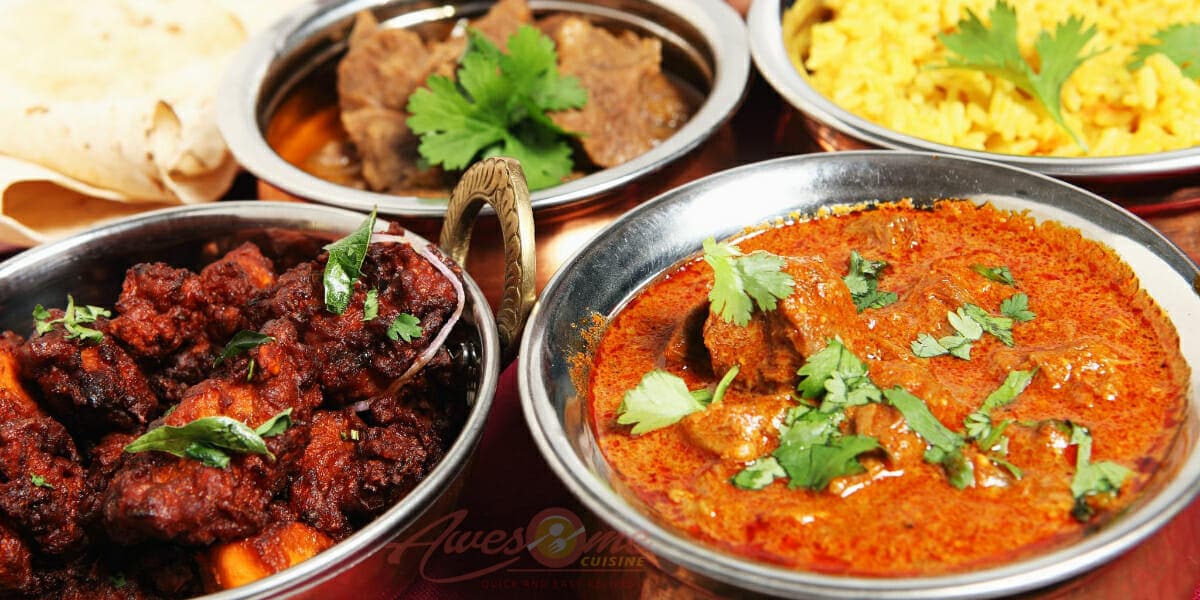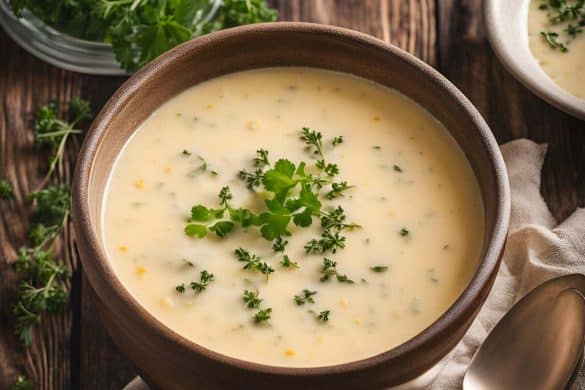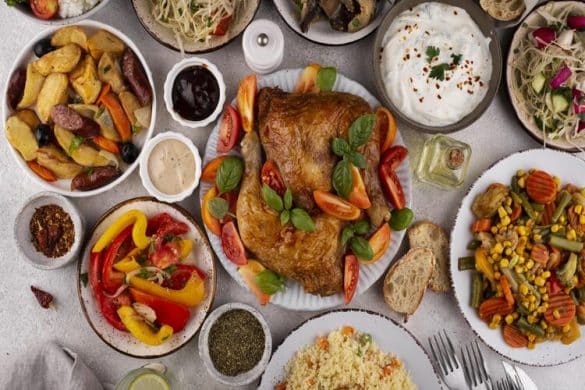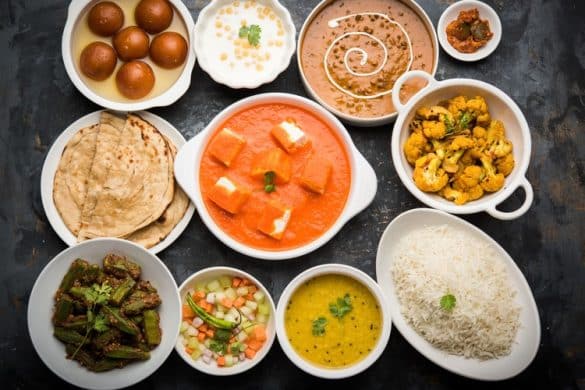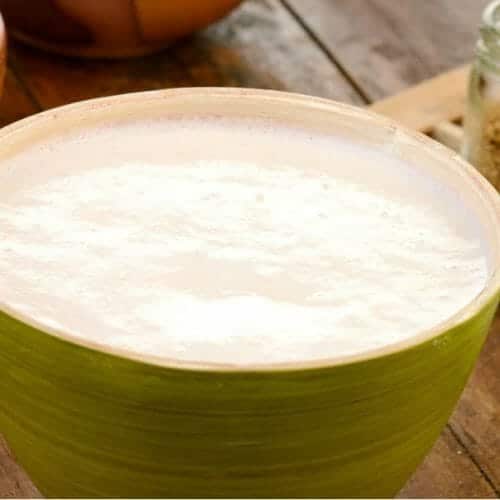Food has been the most potent tool to bind cultures together throughout history. It is no wonder many countries have adopted recipes and cooking styles from other nations, creating unique cuisines. India is a perfect example of this phenomenon, as British colonization heavily influenced its cuisine during the 19th century.
Introducing British ingredients into Indian dishes opened up a world of culinary possibilities. Spices such as saffron and cardamom were combined with traditional British herbs like rosemary, bay leaf, and thyme to create new flavorful combinations. The combination of spices created a unique flavour profile for Indian food that would eventually become synonymous with its culture.
In addition to introducing new flavours, the British also popularized certain dishes in India that had not previously existed there. Many popular curries today are adaptations of English classics; for instance, Chicken Tikka Masala is based on chicken tikka, which originated in Britain but now enjoys immense popularity in India. Whether it’s through influencing existing recipes or creating entirely new ones, it is clear that Britain played a significant role in shaping Indian cuisine into what we know today.
Overview Of Indian Cuisine
Indian cuisine is a rich and diverse culinary tradition. Its many regional cultures, climates, religious beliefs, and political influences have shaped it over centuries. From North to South India, each region has developed unique recipes that reflect the local ingredients, tastes and cooking techniques of those who live there.
The influence of foreign cuisines on Indian food began early in history, with invasions from Central Asia bringing spices like cumin into India’s kitchens. Portuguese traders brought sweet potatoes, tomatoes, cashews and chillies, while Dutch merchants introduced cucumbers and bitter gourds to the subcontinent.
In modern times, however, British colonization had the most significant impact on Indian cuisine. The introduction of new flavours and dishes and changes to traditional methods of preparation have all left their mark on Indian gastronomy today. With this transition comes an exciting mix of old-world charm and modern sophistication that make up some of India’s best-loved dishes.
Impact Of British Colonization
The British colonization of India had a profound effect on its cuisine. Introducing new ingredients, flavours, and cooking techniques changed the way Indians prepared foods for centuries to come. As the Empire spread across India, so did the influence of British culinary traditions.
From savoury pies to puddings, many dishes that were once considered exotic in Indian kitchens are now commonplace. Spices such as cloves, cardamom, cinnamon and nutmeg have become staples in recipes nationwide due to their affordability and availability during this period. In addition to spices, the British brought vegetables like potatoes, onions and carrots into India, adding even more flavour and variety to traditional Indian dishes.
This amalgamation of flavours created a unique dining experience that was both foreign and familiar, which continues to be enjoyed today. With each bite comes a hint of nostalgia for when cultures collided, cuisines flourished as never before – creating something exceptional from two distinct worlds.
Popular Dishes Brought By The British
The British colonization of India brought various delectable dishes that have become staples in Indian cuisine. From savoury pies to creamy puddings, these flavorful creations add a unique twist to traditional recipes nationwide. Popular dishes such as shepherd’s pie and fruit pudding remain favourites even after centuries of being adapted and enjoyed by Indians everywhere.
In addition to introducing new flavours, the British influenced regional cuisines by adding ingredients like potatoes, carrots, onions and spices like cloves and cinnamon into everyday meals. These additional elements helped create a rich combination of tastes still seen today in restaurants worldwide. Moreover, many cooking techniques were adopted by local chefs who then experimented with them, leading to exciting innovations over time.
British influence on Indian culinary culture has had a lasting effect that continues to be tasted generation after generation. As we look towards the future, it will be interesting to see how this fusion of cultures evolves and what delicious delicacies await us along the way!
English Influences On Regional Cuisines
It is often said that British influence on Indian cuisine was so significant it changed the country’s culinary landscape forever. While introducing new ingredients and flavours had a significant impact, this theory needs to be revised when we look at regional cuisines—instead of completely replacing traditional dishes with entirely foreign ones, local chefs and cooks often adapted them to suit their tastes and preferences.
For instance, the popularity of curries in southern India – one of which has even been declared its national dish! Although curry recipes are thought to have originated from British soldiers during colonial times, they were quickly adopted by locals who experimented with various spices to create an array of delicious variations. This demonstrates how easily food cultures can be blended without having to do away with native customs altogether.
The same applies to sweets like puddings or custards, which remain popular desserts today despite being brought centuries ago by English settlers. By adding Indian touches such as saffron or cardamom into these treats, bakers created unique flavour combinations that still tantalize our taste buds today. It’s clear that although the British left a lasting mark on Indian culture, many of their contributions were tailored to fit local palates, making them all the more cherished and appreciated!
Contemporary Adaptations Of British-Indian Cuisine
Today, the vibrant history of British-Indian cuisine continues to evolve, with inventive chefs taking traditional recipes and modernizing them in myriad ways. For instance, regional dishes like vindaloo are now being served as fusion tacos or deconstructed onto pizzas while maintaining their distinctive flavours and aromas. Similarly, classic desserts like sticky rice pudding have been reinvented into layered cakes with exotic garnishes. These adaptations demonstrate how contemporary chefs can simultaneously take elements from different cuisines and create something entirely new yet familiar!
The influence of Anglo-Indian food is not limited to restaurants either; it has become an integral part of everyday cooking for many households across India. From tandoori chicken biryani to masala chai, these flavorful dishes add variety to home-cooked meals making them even more enjoyable for families. Furthermore, due to its growing popularity among tourists and locals, there’s an ever-increasing demand for authentic Indian restaurants specializing in this type of cuisine.
It’s clear then that the culinary traditions brought by English settlers have been embraced wholeheartedly by Indians who continue to explore creative ways to enjoy British-inspired fare without sacrificing flavour or authenticity.
Conclusion
The influence of British cuisine on Indian food is undeniable. From British colonization to today, many dishes have been modified or created by combining both cuisines. Dishes like chicken tikka masala and biryani are just two examples of how Indian chefs have taken classic English recipes and added their unique flavour by using spices and other ingredients indigenous to India.
All in all, the introduction of British-style cooking has had an immense impact on the culinary landscape of India. It has affected everything from regional specialities to popular national dishes that can now be found in virtually every corner of the country. Even though some traditionalists may not appreciate these changes, they cannot deny the fact that Britain’s presence in India has left its mark on Indian cuisine forever.
Thus, while there were challenges posed by British rule in India, one positive outcome was undoubtedly the emergence of delicious new flavours born out of a fusion between two distinct cultures. This flavorful legacy lives on today as Indians worldwide continue to enjoy and experiment with this tasty blend – a reminder that beauty can sometimes emerge even amidst hardship.

